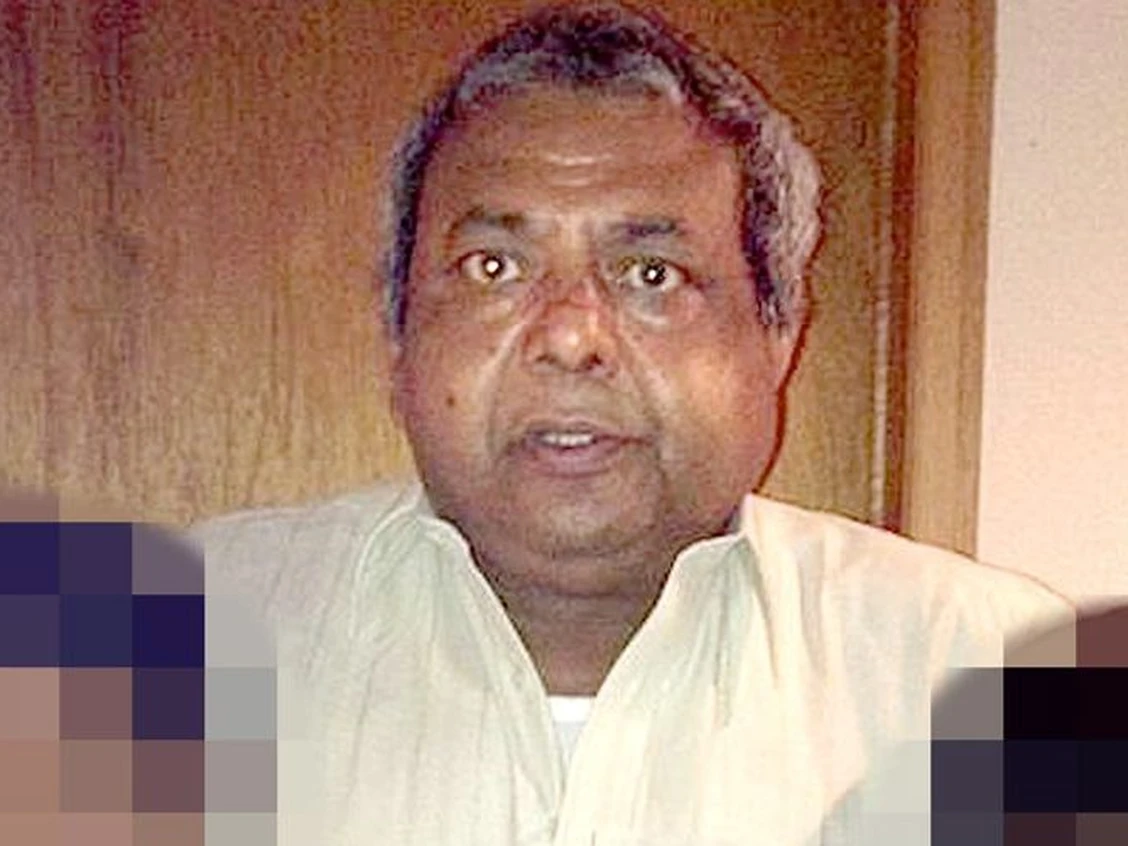The Toronto Sun
Taser, ARWEN rounds failed to stop advance of armed 62-year-old man, report states
In his report issued Tuesday, Special Investigations Unit Director Joseph Martino concluded police actions were justified in the death of Ejaz Choudry under the circumstances, but questioned decisions made by scene commanders leading up to the deadly exchange, which triggered protests and calls for police accountability.
Choudry’s daughter called 911 after her father, diagnosed with schizophrenia not taking his medication, began “acting confused,” according to the SIU report.
She told the 911 operator her father had a pocket knife, but wasn’t dangerous.
Turning away first responders at the door, Choudry was approached in a bedroom by two officers accompanied by daughter in a bedroom.
Producing a large kitchen knife from under a prayer rug, Choudry pointed it at officers and demanded they leave, reads the report.
After 20 minutes of no contact, tactical officers entered through a balcony.
“Uncontradicted evidence establishes that Mr. Choudry moved towards the officers while holding a large kitchen knife,” Martino wrote in his report.
Attempts to subdue Choudry with a taser and ARWEN rubber projectiles proved unsuccessful.
Backed into the balcony and an armed Choudry only feet away, an officer fired twice.
Choudry was struck twice more with the ARWEN before an officer kicked the knife out of his hand, according to the report.
Choudry was pronounced dead at 8:38 p.m.
Martino concluded police were within their rights to both assist paramedics and enter the apartment.
“The police knew Mr. Choudry suffered from schizophrenia, had potentially absconded from psychiatric care and was not taking his medication,” Martino wrote.
“Police had adequate grounds to apprehend him because he presented a threat to himself or others and demonstrated a lack of competence to care for himself.”
Martino described the decision to use deadly force as “objectively reasonable, necessary and proportional to the threat posed by Mr. Choudry, notwithstanding the tragic loss of life it caused.”
The decision to prevent family from speaking with Choudry, however, is “open to legitimate scrutiny,” Martino stated.
“Mr. Choudry’s family had experience in calming Mr. Choudry and had helped facilitate his safe apprehension before,” he wrote, adding the commander dismissed the idea as “too risky.”



